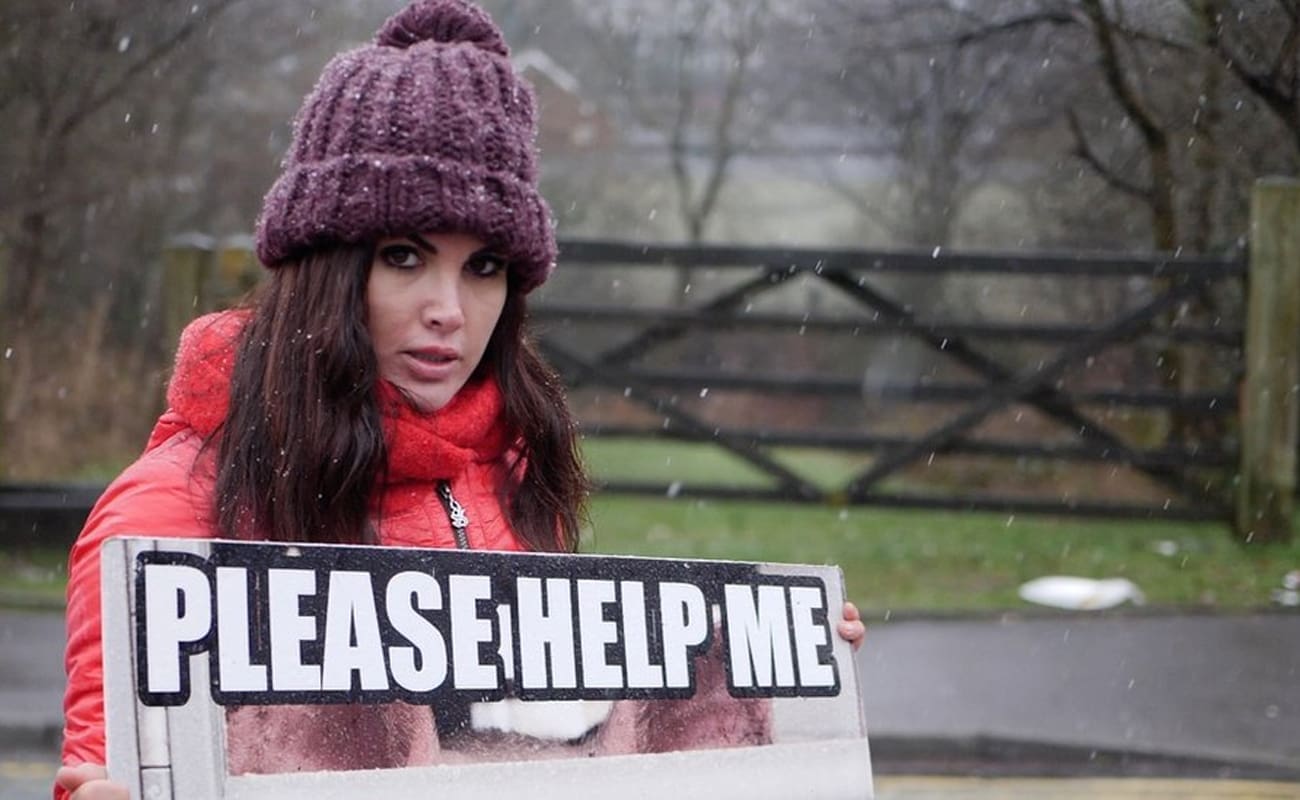In this section, discover how industrial animal agriculture fuels environmental destruction on a massive scale. From polluted waterways to collapsing ecosystems, this category reveals everything you need to know about how factory farming endangers the planet we all share. Explore the far-reaching consequences of resource waste, deforestation, air and water pollution, biodiversity loss, and the impact of animal-based diets on the climate crisis.
Behind every intensive farm lies a chain of environmental harm: forests cleared for animal feed, habitats destroyed for grazing land, and enormous quantities of water and grain diverted to livestock instead of people. The methane emissions from ruminants, the runoff of chemical-laced manure, and the energy demands of refrigeration and transport all converge to make animal farming one of the most ecologically damaging industries on Earth. It exploits land, drains water supplies, and poisons ecosystems—while hiding behind an illusion of efficiency.
By examining these realities, we’re forced to question not just how animals are treated, but how our food choices shape the planet’s future. Environmental damage is not a distant side effect—it’s a direct consequence of a system built on mass exploitation. Understanding the scale of destruction is the first step toward change, and this category sheds light on the urgent need to move toward more sustainable, compassionate alternatives.
Factory farming, the cornerstone of industrial meat and dairy production, is increasingly criticised for its devastating impact on both animal welfare and public health. Beyond the ethical issues surrounding the mistreatment of animals, these operations are hotspots for zoonotic diseases, antibiotic resistance, and foodborne illnesses—posing serious risks to human health. Overcrowded conditions, poor hygiene practices, and excessive antibiotic use not only harm animals but also create pathways for dangerous pathogens like Salmonella and E. coli to contaminate our food supply. This article examines the connection between animal cruelty in factory farms and its wide-ranging public health consequences while highlighting potential solutions to promote a safer, more compassionate approach to food production


























































